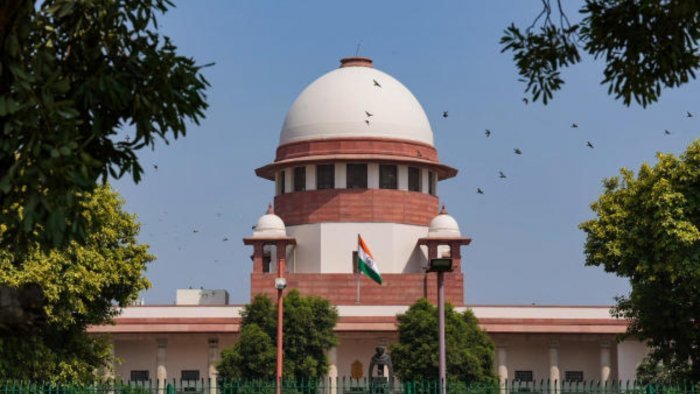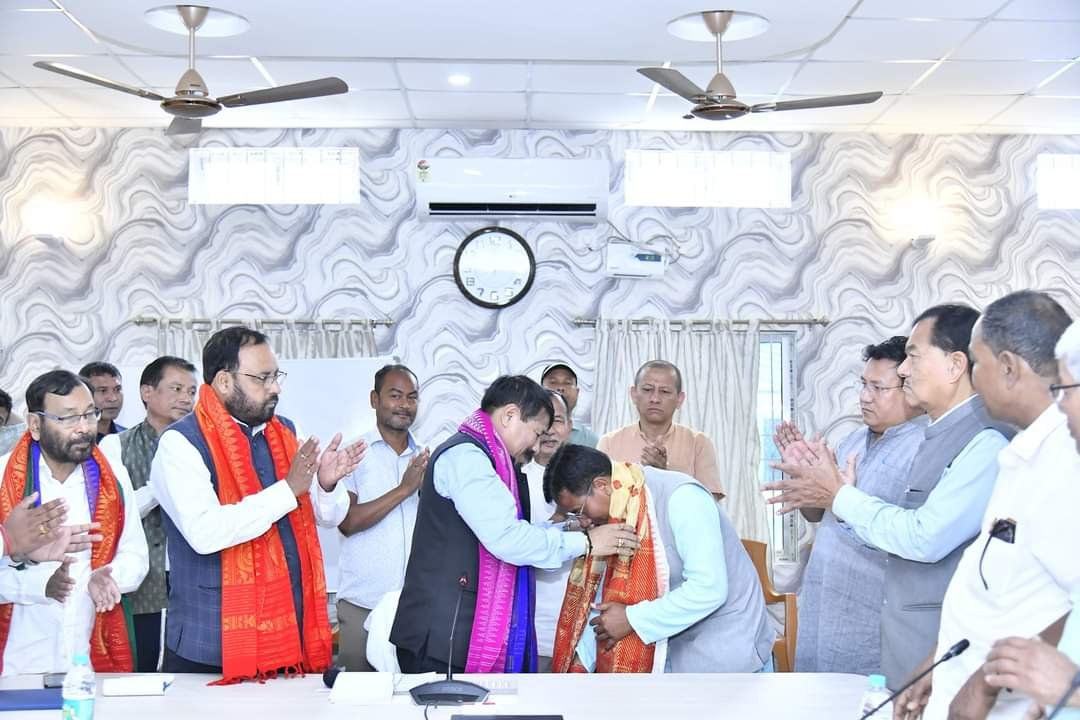GUWAHATI, April 3: The AGP, which ruled Assam for several years and is now a part of the BJP-led coalition, has kept its regional and secular images intact even after years of alliance with the saffron party, its president and state minister Atul Bora said.
He also claimed that delimitation of constituencies will have a favourable impact on the party’s poll fortune in the coming Lok Sabha elections and exuded confidence in winning the two seats in which the Asom Gana Parishad is contesting as an ally of the saffron camp.
Bora also said development is the USP of the ruling alliance and a “disintegrated opposition” will help the BJP-led NDA win the electoral battle in the northeastern state.
“When the AGP was in power in the state in 1996, we came closer with the BJP and since then we have been working together…The BJP is our old friend and we are moving together in a very friendly manner. We are happy,” Bora said in an interview with PTI.
The AGP was formed in the aftermath of the six-year-long agitation against illegal migrants, which ended with the signing of the Assam Accord in August 1985.
The state agriculture minister said that the “changed demography post-delimitation will help the AGP in winning both the seats”.
The AGP is contesting from Dhubri and Barpeta constituencies, with the BJP fielding its nominees in 11 seats and United People’s Party Liberal (UPPL) in one.
Assam sends 14 MPs to the Lok Sabha.
Bora said though the AGP, as an ally of the BJP, had unsuccessfully contested from Barpeta in the 2019 general elections, the demographic structure of the constituency has changed due to delimitation, and the party is expecting to win the seat this time.
He also sounded optimistic about winning in Dhubri, though chief minister Himanta Biswa Sarma has been expressing doubts about the NDA candidate emerging victorious there.
“Population structure is somewhat different in Dhubri, it is mostly a Muslim-majority area. Perhaps, his (Sarma’s) observation stems from that angle,” Bora said, in an apparent reference to the BJP’s limited influence in Muslim areas.
“But these days, our party workers are moving around. Not only AGP, the BJP and UPPL are also working together. We are expecting very positive results in Dhubri,” he added.
The regional party formed its first government in the state in 1985 and returned to power, with help of other parties, in 1996.
Since 2001, it was in the opposition until 2016, when it returned to power as part of a coalition led by the BJP, along with other regional groups.
The AGP and BJP had seat-sharing arrangements for several assembly and Lok Sabha elections in the state since 2001, though the alliance took a proper shape since the 2016 assembly polls.
Bora maintained that the “AGP has been able to keep its regional image intact though it has a national outlook” and stressed that “without the support of the Centre, some important activities are not possible”.
He also pointed out that the Union home ministry is the nodal agency for implementing the clauses of the Assam Accord.
Claiming that regionalism is “still relevant” in the state, Bora said, “We have all sections of people, from all castes, communities and religions. The AGP is a secular party, we believe in secularism. All people feel happy under the umbrella of AGP.”
When asked about the Citizenship (Amendment) Act of 2019, Bora said it was a sub-judice matter.
He said development will be the key issue for the ruling alliance in the coming elections and added, “The Congress was in power for a long time after Independence, but did not do anything. Since Modi ji came to power there has been a lot of development.”
He also said, “The opposition is very weak and disunited. People want a stable government and how can they expect it from the Congress? People believe that only Modi can give a stable government at the Centre. In Assam, Himanta Biswa Sarma’s leadership is also there.”
On AGP’s decreasing number of seats in the assembly polls, as it managed to win only nine in the 2021 elections in the House of 126 members, the party chief said, “Unfavourable demography was a major reason”.
“In 2021, the BJP gave us 28 seats to contest and we won nine. The population structure of the constituencies where we lost was not in favour of the AGP. That was one reason,” he added.
Assam will go to Lok Sabha polls in three phases on April 19, 16 and May 7.
The BJP has nine MPs in the outgoing Lok Sabha, Congress three and one each is held by AIUDF and an Independent. (PTI)












